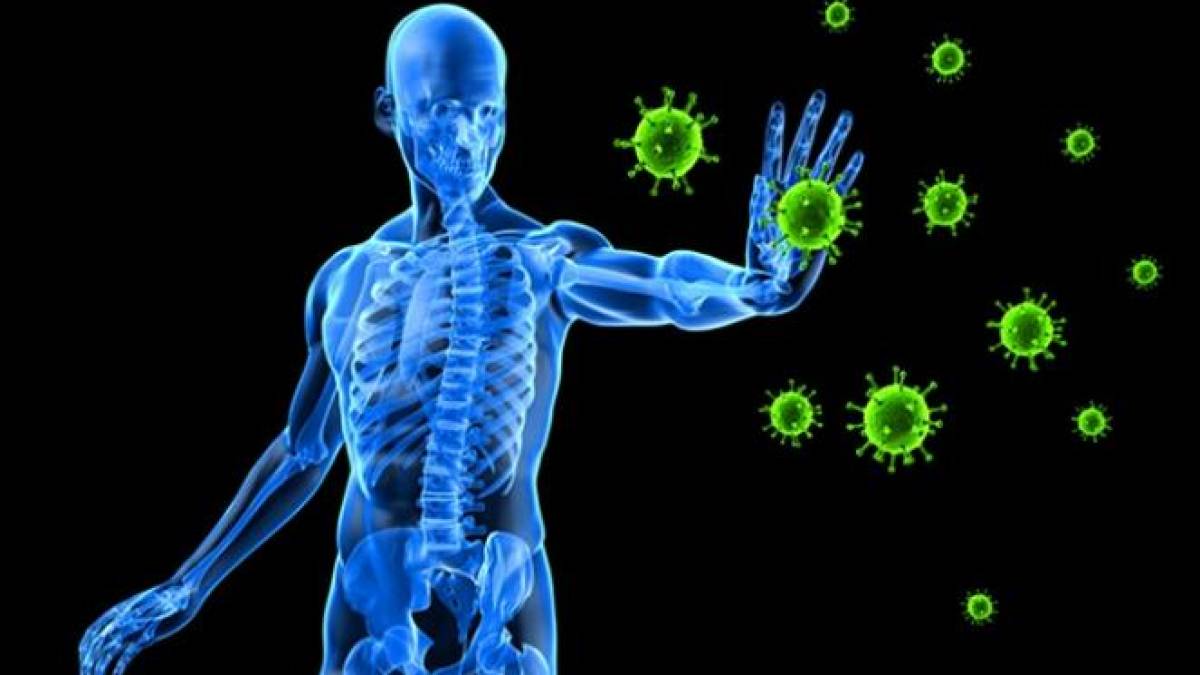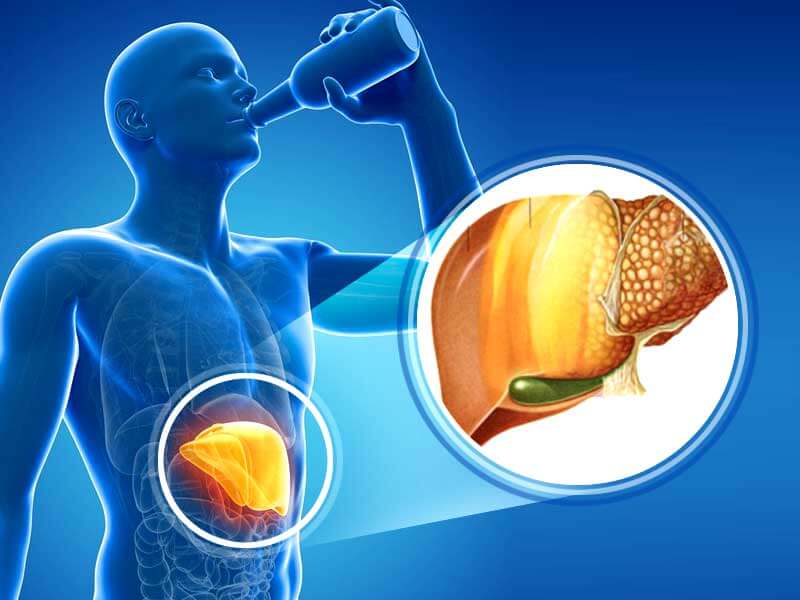Diabetes is a chronic metabolic disorder in which the body is unable to make proper use of glucose, resulting in the condition of high blood sugar or hyperglycaemia which then leads to a condition called glycosuria. (High levels of glucose in urine). Diabetes, if not managed properly may lead to severe complications like heart attacks and blindness.
Glucose comes from the food we eat and is also made in liver and muscles. The blood carries glucose to all the cells in our body. Insulin, a chemical (or hormone) produced in the pancreas, is responsible for the uptake of glucose into cells for energy. Decreased levels of insulin affects this mechanism leading to increased glucose in the blood stream.
Ayurvedic Understanding of Diabetes
According to Ayurveda, the condition diabetes fall under the category of ‘Prameha’ that is a result of excessive Kapha dosha. Ayurveda considers diabetes in three stages – early (Kaphaja Prameha), acute (Pittja Prameha) and chronic (Vataja Prameha). The insufficient digestion leads to incomplete metabolism and paves way to the creation of ama, a toxic material. Ama forms a cover in the small intestine and duodenum thereby prohibiting the secretion of essential enzymes needed for the health of cells. Ayurveda also accuses stress as a psychic factor which can also cause neuroendocrine changes. Ayurveda recognizes the impact of emotional changes on diabetes and considers emotions as psycho- physiological phenomenon effecting automatic responses that may result in hyperglycaemia and hypoglycaemia. The treatment recommended in Ayurveda is aimed at rejuvenating and curing the body to not only balance sugar levels, but also ensuring that no further complication is caused.
Factors that cause Diabetes according to Ayurveda
Ayurveda has described central adiposity (fat in the mid-section or around the tummy) and sedentary lifestyles as one of the major causes of Diabetes. Also, factors that are often responsible for causing diabetes are excessive intake of foods which are difficult to digest, such as fried foods, fast foods, creams, etc., lack of exercise, mental stress and strain, excessive sleep, overeating and obesity, excessive intake of sugar and refined carbohydrates.
Symptoms of Diabetes according to Ayurveda
• Excessive urine formation & Frequent urination
• Increased hunger
• Excessive Thirst
• Fatigue
• Weight loss or weight gain
• Blurred vision
• Slow healing
• Skin infections
Management of Diabetes through Ayurveda
The treatment of Prameha or Diabetes aims at restoring the balance of doshas and the normal function of Dhatu. If Doshas slightly increase, restriction of diet along with increased activity is sufficient as a therapeutic measure. If the doshas are moderately increased, one should administer medicines to neutralize the doshas along with dietetic restrictions and increased activity. If the Doshas are markedly increased, apart from dietetic restriction, exercise and medicines, one should also advise Panchakarma treatments so that the increased Doshas are eliminated from the body. Ayurveda’s diabetes care encompasses herbs, therapeutic treatment procedures, Panchakarma therapies, healthy diet, yoga, and meditation to counter this life-threatening disease. It pushes on the fact that an entire change in the lifestyle of the person is inevitable.
Ayurvedic Lifestyle Suggestions for Diabetes
Everyday lifestyle is an important factor for Diabetes in India. Following an active lifestyle not only works as preventive therapy to keep away the disease of diabetes, but it also is highly supportive in keeping the blood sugar levels under control and also to prevent complications of diabetes. Diet and lifestyle modifications are two main necessitates that find prime importance in Ayurveda diabetes management. Day sleep has to be generally avoided. Whereas in diet control, starches and sugar control is imperative for a diabetic patient. Every day exercise in form of brisk walk in fresh air for one hour or undergoing yoga and pranayama procedures are highly recommended. Some of the beneficial Yoga positions include Dhanurasana, Shavasana, Paschimottanasana, Yogmudrasana, Sarvaangasana, Utaanpadasana and kandharasana.
- Covid 19 Measures - August 21, 2020
- How to Boost your Immune System with Ayurveda? - April 1, 2020
- 10 Superfoods to keep you cool during the Summer Season - March 25, 2020






